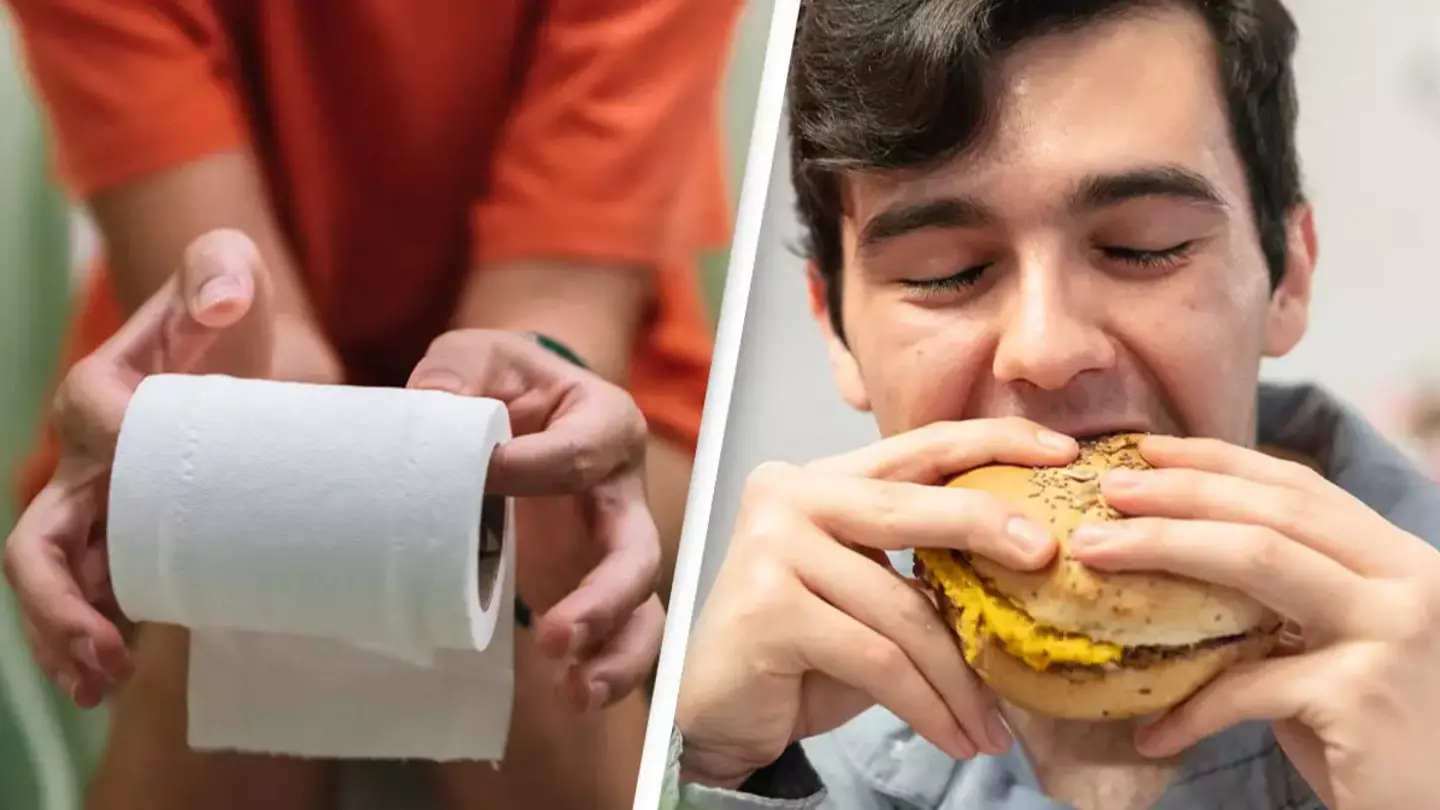Have you ever wondered why you often feel the sudden urge to defecate immediately after eating? This phenomenon may seem puzzling, but according to medical experts, it’s connected to a natural bodily function known as the gastrocolic reflex. This reflex is a physiological response that occurs in the lower gastrointestinal tract after eating, helping the body prepare for future meals by stimulating bowel movement.
The gastrocolic reflex is triggered when the stomach contracts during eating, sending signals to the brain. In response, the brain sends a signal to the colon, instructing it to shrink and make way for the incoming food. However, the stool and water expelled by the colon after eating aren’t from the recent meal, but rather from previously digested food.

While the gastrocolic reflex is a natural process, some individuals may experience an exaggerated response, particularly those with irritable bowel syndrome (IBS). IBS is a gastrointestinal disorder characterized by symptoms such as abdominal pain, diarrhea, gas, bloating, and constipation. In people with IBS, the colon’s contractions can be extremely powerful, leading to significant pain or diarrhea immediately after eating.
If you frequently experience discomfort or urgency after meals, there are steps you can take to alleviate your symptoms. Avoiding trigger foods such as carbonated beverages, citrus-based foods, dairy products, and fried or greasy foods can help. These items can irritate the digestive tract, especially in individuals with heightened sensitivity.

In most cases, the urge to defecate after eating is simply a sign of the gastrocolic reflex at work. However, if the reflex causes significant discomfort or impacts your daily life, it’s essential to consult with a medical professional to rule out underlying conditions like IBS. By making small dietary changes and understanding the gastrocolic reflex, you can better manage your digestive health.


